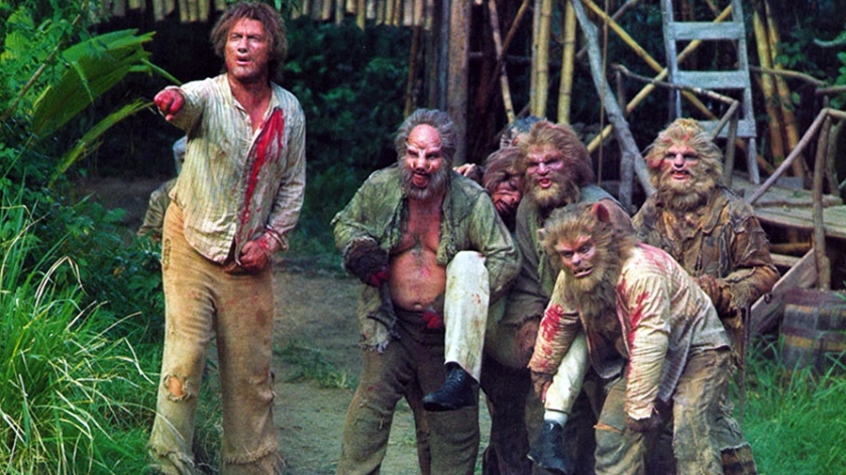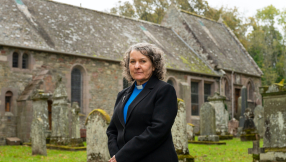
Evangelical bioethicists have rung the alarm bells concerning a U.S. government proposal to fund research that could allow the creation of animal-human hybrid embryos.
According to the National Institutes of Health (NIH), an agency of the United States Department of Health and Human Services, the focus of its proposed research would be to study human diseases and grow human organs in animals for transplants.
However, bioethicists warned that the so-called "chimera research"—referring to Greek mythological creatures that were part goat, part snake and part lion—would include destruction of human embryos, creation of animals with some semblance of human intelligence and creation of animals with the ability to produce human offspring, the Baptist Press reports.
"At the end of the day, it's a means versus ends question," said C. Ben Mitchell, provost and Graves Professor of Moral Philosophy at Union University in Jackson, Tennessee.
"Few people will object to the humane use of animals for the creation of discreet human tissues like kidneys or pancreases. But, if the means to that end involves immoral methods or requires the destruction of unborn human beings, the end does not justify the means," he said.
Mitchell said the proposed research could lead to the development of a new species like the ones produced in H. G. Wells' "Island of Dr. Moreau," referring to a novel in which a mad scientist creates animals "fused with human genes."
Charles Patrick, a former biomedical researcher and current vice president for strategic initiatives and communications at Southwestern Baptist Theological Seminary, told Baptist Press that inserting human brain tissue into animals could "inadvertently trigger the transfer of human characteristics (such as intelligence, consciousness or speech) into an animal."
Patrick said the Bible "is clear in Genesis that God created man distinct from animals and gave man authority over animals. It would seem prudent to be very careful with technologies that potentially blur the distinction in God's created order."
Mitchell echoed Patrick's concern, saying that "cannibalising human embryos for their stem cells" is "morally reprehensible."
He also warned that the result of the N.I.H.-proposed research "might be animals with significant amounts of human brain tissue."
"If the protocol permits the creation of animal-human hybrid embryos, we have yet another problem. How much human DNA makes an embryo human? How are these embryos to be regarded ethically? Are their harms to unborn human beings? These are profound questions that demand answers before we move forward," Mitchell said.













